Let’s be real—waking up to find a damp spot of drool on your pillow isn’t the most glamorous way to start the day. But it’s way more common than you might think. That little puddle of saliva isn’t just a random quirk—it can actually tell you something about your sleep quality, habits, and even your health.
Why Do We Drool During Sleep?
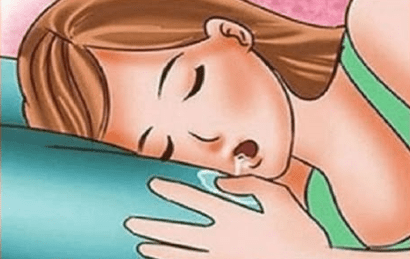
First off, drooling in your sleep usually means one thing: you were out cold. Like, deeply, peacefully, blissfully asleep.
When your body enters the deepest stages of sleep, your muscles relax—including the ones in your face and jaw. That relaxation can cause your mouth to fall open. Combine that with a slowed swallowing reflex, and voila—saliva collects and eventually escapes.
For most people, it’s harmless. Actually, it can even be a subtle sign that your brain and body got the rest they needed.
Video:
Drooling in Dreamland: The Science Behind Sleep Salivation
Sleeping Position Plays a Huge Role
Ever notice you drool more when you sleep on your side? There’s a reason for that.
When you’re on your back, gravity pulls saliva down your throat, and your body naturally swallows it. But when you sleep on your side or stomach, gravity works against you. If your mouth falls open, saliva doesn’t go down—it goes out.
So if you regularly wake up with a wet pillow, your sleeping posture could be the culprit. No shame in it, but it’s worth noting if you’re trying to keep your bedding dry.
When Drooling Could Signal Something More
Occasional drooling? Totally normal. But if you’re drooling a lot or it happens every night, there could be an underlying issue that’s worth checking out. Here are a few health-related reasons you might be waking up in a spit puddle:
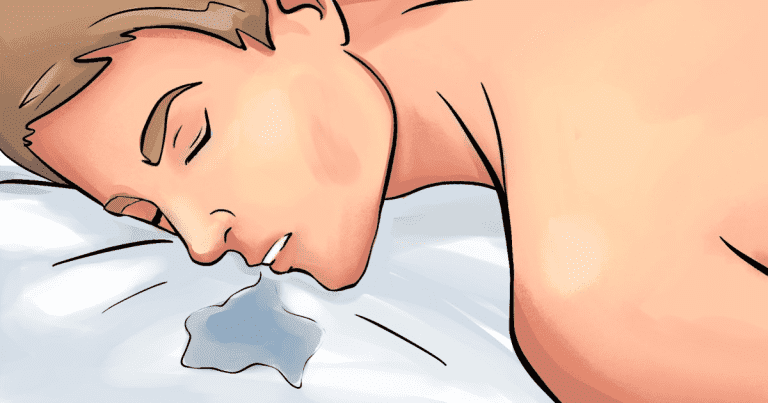
Nasal Congestion When your nose is blocked, your body defaults to mouth breathing. Whether it’s due to allergies, a cold, or sinus issues, open-mouth breathing makes drooling way more likely.
Acid Reflux (GERD) GERD can cause excess saliva production—your body creates more to help neutralize stomach acid. That means more liquid in your mouth while you sleep.
Sleep Apnea If you’re snoring loudly, waking up tired, or gasping for air during the night, it might be sleep apnea. One lesser-known symptom? Drooling. When breathing gets disrupted, your mouth can open wider than usual.
Neurological Conditions Certain neurological conditions (like Parkinson’s or ALS) can affect muscle control, including the ability to keep saliva in the mouth or swallow it efficiently. Though rare, it’s something to be aware of if excessive drooling shows up alongside other symptoms.
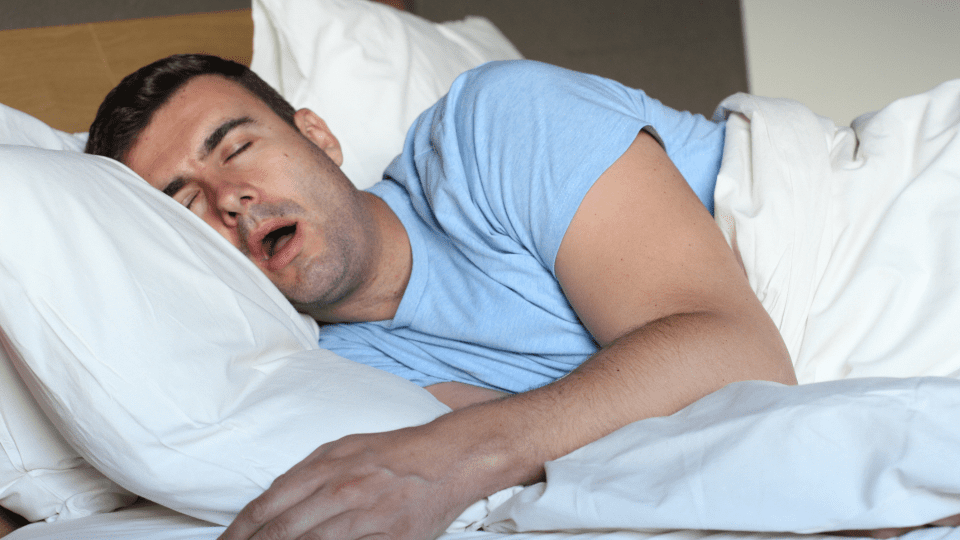
Sinus Infections and Respiratory Illnesses Illness can make swallowing more difficult, and saliva starts to pool. That’s why drooling often shows up when you’re under the weather.
Simple Fixes to Stop Drooling While You Sleep
If you’re tired of swapping pillowcases or waking up in a puddle, good news: there are easy things you can do to keep the drool in check.
Video:
Why Do We Drool In Our Sleep?
1. Try Sleeping on Your Back
This one’s simple but effective. Lying on your back encourages natural swallowing and reduces the chance of saliva leaking out. It might take some time to get used to, but it’s worth trying.
2. Clear Your Nose Before Bed
Use saline sprays, antihistamines, nasal strips, or even a steamy shower to open up your airways. Breathing through your nose reduces the chances of mouth breathing (and drooling) while you sleep.
3. Hydrate Like It’s Your Job
Dehydration can thicken your saliva, making it harder to manage while you sleep. Drink water throughout the day to keep everything flowing smoothly.
4. Practice Nose Breathing
Train yourself to breathe through your nose, even during the day. Conscious practice can carry over into your sleep patterns. Yoga, meditation, or even simple breathwork exercises can help.
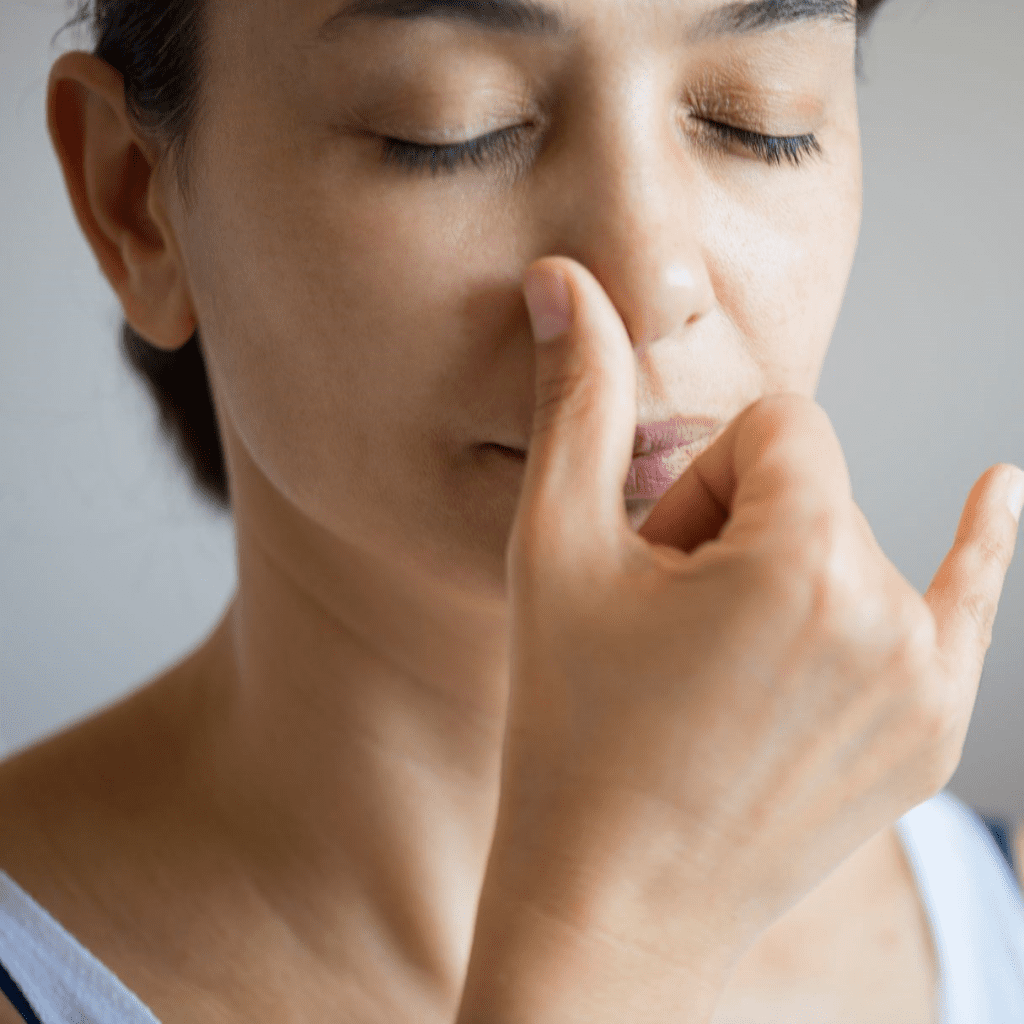
5. Watch Your Diet at Night
Spicy and acidic foods before bed can trigger reflux, which in turn stimulates excess saliva. Try scaling back those fiery late-night snacks if drooling is a problem.
6. Talk to Your Doctor If It Persists
If drooling is constant, paired with other symptoms, or just seriously affecting your sleep, don’t ignore it. It might point to something like GERD, sleep apnea, or another treatable condition. Getting it checked could improve more than just your pillow situation.
Is Drooling Ever a Good Sign? Surprisingly, Yes
Here’s the fun twist: waking up with a little drool now and then could be a subtle sign that you hit deep, restorative sleep. That’s the kind of sleep your body lives for—the kind that boosts memory, strengthens your immune system, and helps you wake up feeling refreshed.
So yeah, it might feel gross, but it could actually mean your brain just got a full recharge.
When to Worry About Drooling
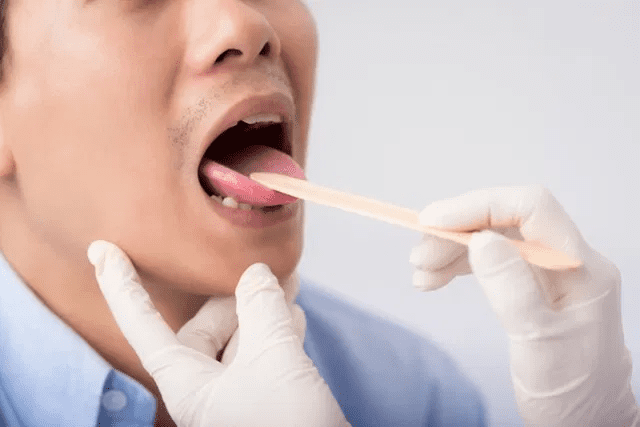
Quick rule of thumb: occasional? Fine. Constant or excessive? Maybe not.
If your drooling comes with other symptoms like snoring, restless sleep, fatigue, chronic congestion, or changes in facial muscle control, it’s time to see a healthcare provider. The fix might be as simple as a CPAP machine, allergy meds, or a dietary tweak—but catching it early always helps.
Conclusion
Finding a little saliva on your pillow might seem annoying (or even embarrassing), but most of the time, it’s totally normal—and even a subtle sign you’re sleeping like a champ. Your sleeping position, nasal congestion, hydration levels, and even what you ate for dinner can all play a role.
But if drooling becomes a nightly ritual or brings along other concerning symptoms, don’t brush it off. With a few simple changes—or the help of a doctor—you can enjoy dry pillows and better sleep.
So next time you see that wet spot? Don’t panic. Your body might just be telling you it finally got the rest it needed.


